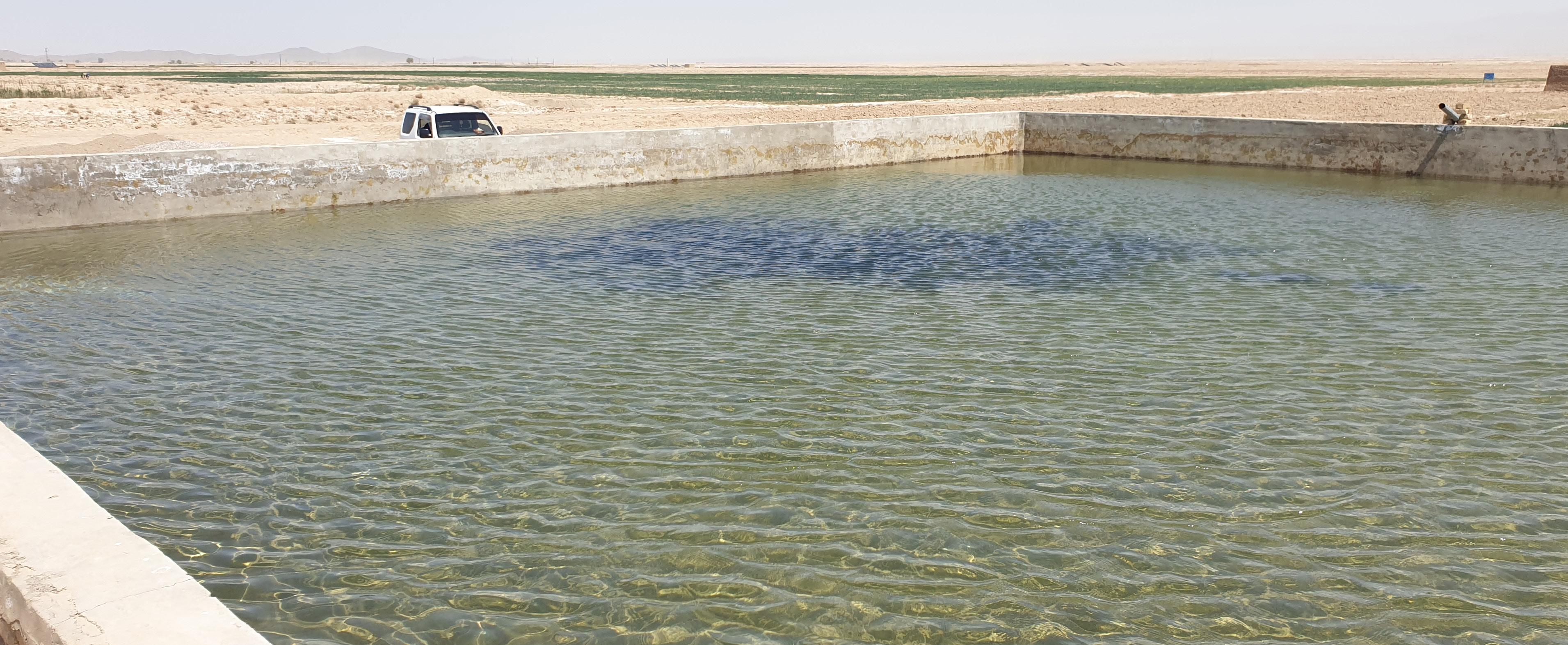
2 minute read
Deforestation
Deforestation is the purposeful act of clearing forested land. During deforestation, trees and other vegetation are cut down to make way for human settlements and agricultural plantations, or to provide wood for fuel, fodder, manufacturing or even construction.
As a natural resource, forests play a significant role in the development and building of a country and they play an even more vital role as the very foundation of life on earth. As the World Wildlife Fund has noted, “[Forests] purify the air we breathe, filter the water we drink, prevent erosion, and act as an important buffer against climate change.”26 And yet, deforestation is increasing day by day in both Pakistan and AJK, which in turn is adversely affecting the environment and living things, as forests naturally regulate the atmosphere.
It is a well-known fact that forests and trees absorb and store carbon dioxide. Therefore, when forests are cleared, they release carbon dioxide and an array of other greenhouse gasses, damaging the environment in the process. Forest loss resulting from deforestation and natural disasters accounts for approximately 10% of global warming. 27
Much of deforestation in Pakistan is driven by poverty. When alternative fuels and other resources are lacking or too costly, human beings will naturally turn to wood and charcoal to be able to cook food and boil water. Many of the rural communities we spoke to cited the cost or unavailability of alternative fuels as the reason for which they were cutting wood. As one woman put it,
Since women are responsible for cooking, collecting wood and engaging in agricultural activities, they are often the ones driving the deforestation process — with no other option but to choose between feeding their families and protecting the environment. Women also turn to the forests as a source of livelihood. In AJK, women often harvest medicinal plants from the forests for their healing properties and sell them for income.
As contributors to deforestation, women’s participation in the climate adaptation and mitigation strategies is critical. While tree planting programs to combat deforestation are much needed, they do not address one of the root causes of deforestation — poverty. Islamic Relief’s approach has been to deter women away from deforestation activities by lifting them out of poverty, providing women with skills training to be able to earn an income through entrepreneurial activities. This income will furthermore contribute to the economy whilst allowing women to invest in their children and their education. Moreover, Islamic Relief provides awareness-raising educational sessions on the ways in which human activities contribute to climate change. As part of these awareness campaigns, Islamic Relief has been training communities on the importance of using biogas production, as an alternative to wood. Ultimately, this holistic approach to combating deforestation empowers women, educates communities on the environmental impacts of their activities, provides social protection and reduces pressure on the forests.
In 2022, the United Nations Development Programme noted that there remains less than five percent forest cover in Pakistan’s total land. A further 1.5% of forests are lost every year. 28
Deforestation has a direct impact on rural to urban migration and the expansion of cities. Driven by the hope of economic opportunities, many Pakistanis and Kashmiris have left their rural communities in search of a better life. Trees and forests surrounding existing cities are cut down to accommodate growing populations. In the process, however, cities lose greenspace for agricultural and livestock activities, temperatures increase, and the soil is no longer stable from decreasing forest cover. This results in frequent dust storms and increased pollution — amongst a host of other issues.
With proper systems in place and sustainable urban planning, these problems can be mitigated. However, deforestation and unchecked urbanization has many consequences. As one man in Muzaffarabad, AJK remarked,
In addition to contribution to global warming, deforestation is often linked to desertification, flooding, loss of animal life and plant biodiversity, increasing temperatures from decreasing forest cover and soil erosion.










